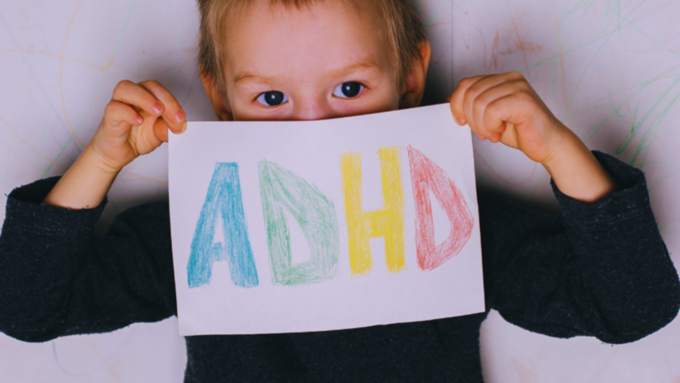Alia Bhatt recently revealed that she has been diagnosed with ADHD (Attention-Deficit/Hyperactivity Disorder), a condition that makes it difficult for her to stay present in the moment. Despite her rising success, Alia has been battling this condition since childhood without knowing it, and she recently opened up about her journey in an interview.
In a candid conversation, the actress shared, “I used to zone out as a child, get easily distracted during conversations, and even in class. I didn’t realize it back then, but a recent psychological test revealed that I am on the high end of the ADHD spectrum.” Alia also mentioned that when she shared this news with her friends, many of them weren’t surprised, saying, “We always knew.”
Struggling to Stay Present, Finding Peace with Daughter Raha
Alia Bhatt reflected on how ADHD affects her ability to stay present, something she finds incredibly challenging in her daily life. However, she has discovered two moments where she feels completely grounded — when she’s acting and when she’s spending time with her daughter Raha. “I am the calmest when I’m in front of the camera or when I’m with Raha. These are the only moments where I feel fully present,” she explained. Alia believes that embodying a character on-screen helps her focus, and her connection with her daughter brings her peace.
What Is ADHD?
ADHD is one of the most common neurodevelopmental disorders, often diagnosed in childhood and continuing into adulthood. According to the Centers for Disease Control and Prevention (CDC), ADHD affects the brain’s development and can lead to difficulties in attention, controlling behavior, and managing impulses. Children with ADHD often struggle with focus, impulsivity, and hyperactivity, making everyday activities like school or social interactions more challenging.

Symptoms of ADHD
Though it’s common for children to lose focus or become distracted occasionally, ADHD symptoms are more severe and consistent. Some of the main signs of ADHD include:
- Difficulty concentrating
- Easily distracted
- Trouble following conversations
- Forgetfulness
- Struggling to complete tasks
- Excessive talking or interrupting others
- Making quick, impulsive decisions
Over time, these symptoms can evolve or intensify, creating challenges in various aspects of life, including at work or in personal relationships.

Managing ADHD Symptoms
For individuals with ADHD, adopting a healthy lifestyle alongside treatment like therapy or medication can significantly improve symptom management. A balanced approach that includes regular physical activity, healthy eating, and sufficient sleep can help those with ADHD stay focused and more organized.
Key strategies for managing ADHD symptoms include:
- Encouraging a diet rich in fruits, vegetables, and lean proteins
- Engaging in daily physical exercise, suited to one’s age and ability
- Limiting screen time, especially on phones, TVs, and computers
- Ensuring adequate sleep to maintain concentration and focus

Risk Factors for ADHD
While the exact cause of ADHD is unknown, certain risk factors may increase the likelihood of developing the disorder. These include:
- Family history of ADHD
- Exposure to environmental risks, such as lead, during pregnancy or early childhood
- Alcohol or tobacco use during pregnancy
- Complications during pregnancy or childbirth
- Childhood health problems, such as head injuries or chronic infections
- Mental health issues within the family or stressful home environments

ADHD in Adults: A Growing Concern
Though ADHD is primarily seen as a childhood disorder, recent studies show that many adults may also suffer from undiagnosed ADHD. One in four adults in the U.S. suspect they may have ADHD, yet many have never been officially diagnosed. The rise of social media and digital distractions may contribute to increased difficulties in focus, attention, and anxiety — all symptoms of ADHD. However, despite the growing concern, only a small percentage of adults have sought medical advice for their symptoms, raising the risk of untreated cases.
For those struggling with ADHD or suspecting they may have it, consulting a doctor and seeking professional treatment is crucial in managing the condition effectively.


